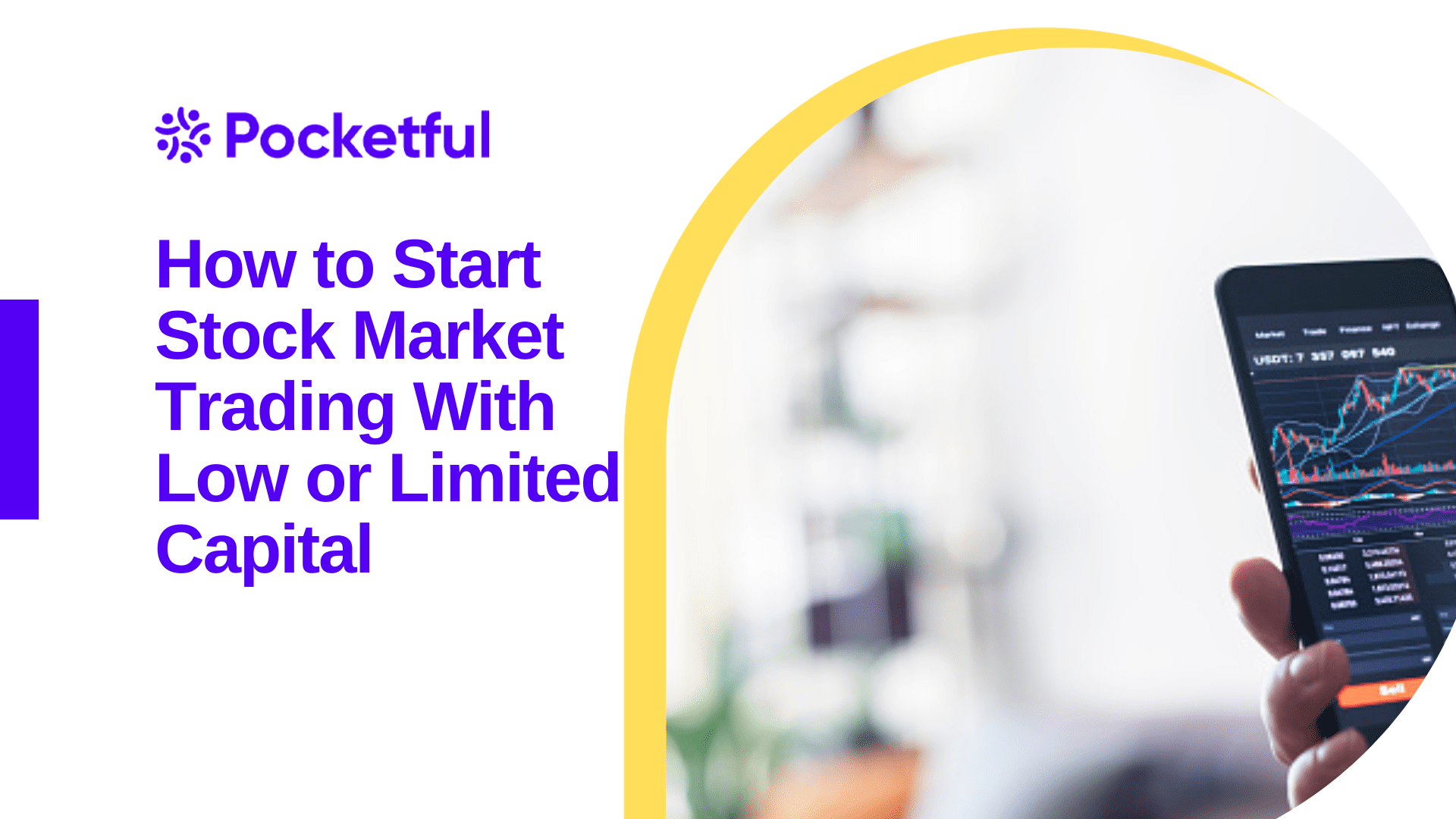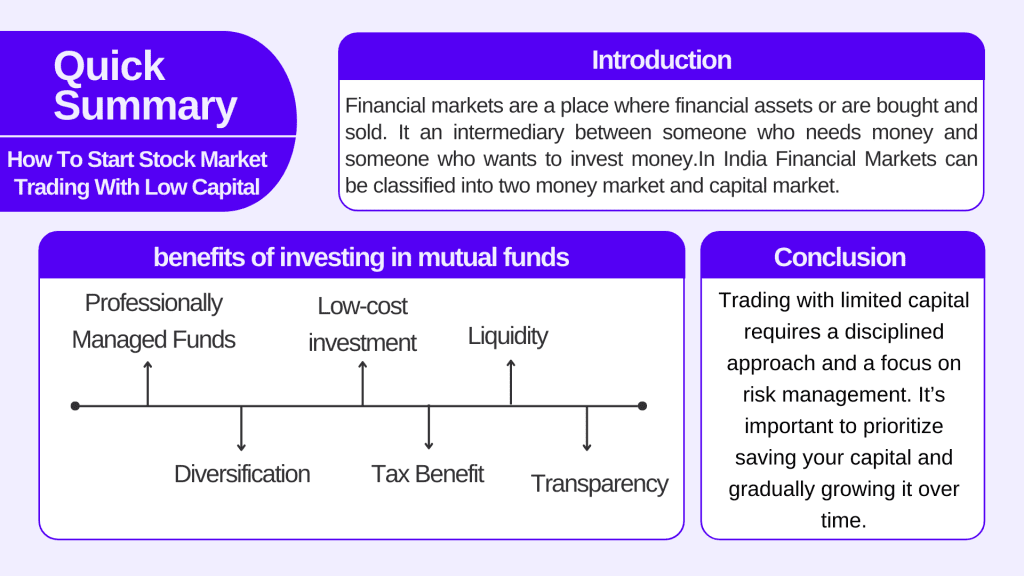| Type | Description | Contributor | Date |
|---|---|---|---|
| Post created | Pocketful Team | Nov-15-23 | |
| Add new links | Nisha | Feb-25-25 |
Read Next
- Best Apps & Tools for Option Chain Analysis in India
- Margin Trading vs Short Selling – Key Differences
- What is Delivery Trading?
- Benefits of Online Trading
- What is Forward Marketing?
- Best Brokers for Low Latency Trading in India 2025
- What is Trading on Equity?
- What is Volatility Arbitrage?
- How to Calculate F&O Turnover for Trading?
- What is an Underlying Asset?
- Collar Options Strategy – Meaning, Example & Benefits
- 10 Best Books on Commodity Trading
- Different Types of Derivatives in India
- What is Derivatives?
- Understanding Futures Pricing Formula
- What is Rollovers in Stock Market?
- What is Swaps Derivatives?
- Reverse Cash and Carry Arbitrage Explained
- What is Bermuda Option?
- What Is Black-Scholes Model: Meaning, Formula & Benefits
- Blog
- how to start stock market trading with low or limited capital
How to Start Stock Market Trading With Low or Limited Capital

Financial markets are a place where financial assets or instruments are bought and sold. It acts as an intermediary between someone who needs money and someone who wants to invest money. In India, Financial Markets can be classified into two types i.e., money market and capital market. Let us understand the concept of these two markets.

Money market

The money market is a place where financial instruments with high liquidity and short-term maturities are traded. It is used by participants as a means for borrowing and lending in the short term, and maturity in this market usually ranges from overnight to just under a year. Instruments of the money market are low-risk investments because the government of India issues them. Examples of these instruments in the money market include T-bills, commercial papers or certificates of deposits.
Capital market

The capital market is a part of the financial market that facilitates the buying and selling of various financial assets such as stocks, bonds, debentures, and foreign exchange. These markets are controlled by the government and it is meant for both retail and institutional investors.
The capital market is divided into 2 parts
- Primary market where new shares are listed for the first time in the market through IPOs.
- A secondary market where the already issued stocks are bought and sold. The secondary market provides liquidity to investors.
The secondary market is further classified into various segments like stock market, debt market, commodity market, derivatives market, forex market etc. In today’s blog, we will be discussing about how to start your journey in the stock market with low or limited capital since in a country like India people are not aware of financial planning and there is a constant fear of losing capital which resists them from investing. Due to this people still choose traditional methods of savings like Fixed Deposits.
Trading- a brief introduction

Trading refers to the process of buying and selling financial assets, such as stocks, bonds, commodities, currencies, or derivatives, to profit from price movements.
Types of trading
- Intra-day trading
Day traders open and close positions within the same trading day, often making numerous small trades to profit from intraday price fluctuations. They do not hold positions overnight. - Swing trading Swing traders aim to capture price swings or “swings” in the market for a few days to several weeks. They rely on technical and fundamental analysis to identify potential entry and exit points.
- Positional Trading
Position traders take a longer-term approach, holding positions for weeks, months, or even years. They often rely on fundamental analysis to make investment decisions and are less concerned with short-term price fluctuations.
Why should one trade or invest in the stock market?

Investing in stocks can provide the opportunity to build wealth over the long term. Historically, the stock market has delivered attractive returns that have outpaced inflation whereas traders aim to profit from short-term price movements in stocks. Many people invest in stocks as part of their retirement planning. Investing in equities can potentially grow your retirement savings over time whereas some traders engage in trading as a primary source of income, while others use it as an alternative source of earnings.
Investing means diversifying your portfolio of stocks and this can not only spread risk but also reduce the impact of poor-performing assets whereas trading can be done either in one stock or in multiple stocks depending upon the choice of the trader. Now chances are likely that a person with an average income may find it difficult to trade due to a lack of funds and financial stability.
So here are some tips on how you can start investing with low capital.
- Understand that with limited capital, your goal should be consistent, small gains rather than quick riches.
- Identify how much of your capital you’re willing to risk on a single trade. A common rule is not to risk more than 1-2% of your total capital on a single trade.
- You can use stop-loss orders to avoid excessive loss. Stick to your predefined stop-loss levels to prevent capital erosion.
- Diversification can help minimise your risk. try investing in different asset classes or stocks from various sectors to reduce the impact of a single poor-performing asset on your capital.
- Begin with a small position size. Invest in a limited number of shares or contracts to minimize the impact of individual trades on your capital.
- Choose low-cost financial instruments, such as exchange-traded funds (ETFs) or stocks that have low share prices.
(ETFs are exchange-traded funds that are tradable on stock exchanges and track a specific index)
- Go for intra-day and swing trades and buy small quantities of shares. This will boost your confidence and will help you analyse how much water are you in when it comes to live trading.
- Start learning through online videos or enrol yourself in a trading education programme. Keep yourself updated on market news.
- If you have low capital, trading can be emotionally exhausting since it requires a lot of patience. Stay disciplined and don’t let emotions drive your decisions. Maintain a clear and focused mindset.
- Opt for a brokerage firm with low fees to reduce your trading as well as transaction costs.
- Avoid aggressive trading. Overtrading can lead to higher transaction costs and increased risk. You should focus more on quality trades rather than quantity.
- Make your own trading strategies and start with paper trading. Practice your trading strategies and learn about the trading platform
Read Also: What is Options Trading?
Investing in Mutual Funds
Still, if there is a fear that you might end up losing your capital, no worries you can invest in mutual funds with a small and minimum amount of Rs.500. There are various benefits of investing in mutual funds as well.
Some of them are listed below,
- Professionally Managed Funds Mutual funds are professionally managed by fund managers. AMCs appoint an eligible manager who then prepares a curated portfolio as per your risk appetite and financial goals.
- Diversification AMCs dealing in mutual funds offer a wide variety of schemes in various categories like in large-cap companies, mid-cap companies and small-cap companies. You can choose as per your capital and investment horizon.
- Low-cost investment
Investment into mutual funds can be started with a minimal amount. You must be thinking how? Well, the answer to this question is, by starting with a monthly SIP of Rs.500.
(SIP stands for systematic investment plan wherein a fixed amount is deducted from your bank account as part of your investment journey in mutual funds).
- Transparency
Fund managers provide their investors with a transparent environment. You will be told beforehand where your capital is being invested. This increases the trust and harmony between the investor and the manager. - Liquidity
Mutual funds are generally open-ended funds, which means you can buy or sell your shares on any business day at the fund’s net asset value (NAV). - Tax Benefit Some mutual funds offer tax advantages, such as tax-efficient funds designed to minimize capital gains distributions for eg. ELSS funds.
Read Also: Trading For Beginners: 5 Things Every Trader Should Know
Conclusion
Trading with limited capital requires a disciplined approach and a focus on risk management. It’s important to prioritize saving your capital and gradually growing it over time. As you gain experience and build your capital, you can consider more advanced trading strategies.
FAQs (Frequently Answered Questions)
What are ETFs?
ETFs are exchange-traded funds that are tradable on stock exchanges and track a specific index.
Define the money market.
The money market is a place where financial instruments with high liquidity and short-term maturities are traded. Examples of these instruments in the money market include T-bills, commercial papers or certificates of deposits.
What is SIP?
SIP stands for a systematic investment plan. You can start SIP with a minimum amount of Rs.500.
Can you do intra-day trading with low capital?
Yes, you can do intra-day trading with low capital since brokers provide you margin facility i.e., extra funds.
Can I invest 1000 in the stock market?
There is no minimum amount of capital required since there are also stocks that are low-priced. They will help you trade with low capital and less quantity.
Disclaimer
The securities, funds, and strategies discussed in this blog are provided for informational purposes only. They do not represent endorsements or recommendations. Investors should conduct their own research and seek professional advice before making any investment decisions.
Article History
Table of Contents
Toggle